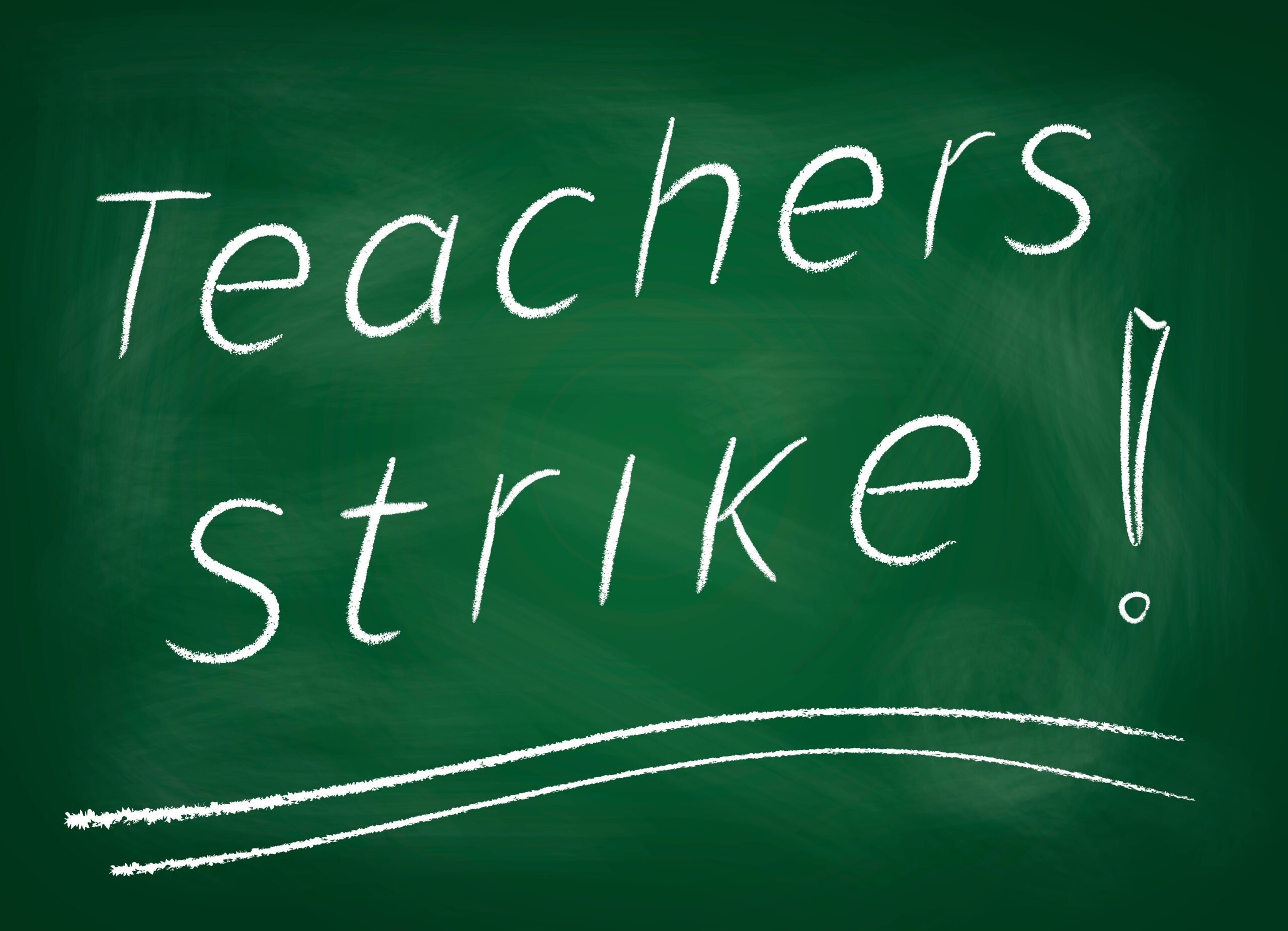
© phot4luck, Adobe Stock
<h2><span data-contrast="auto">Kindergarten teachers have announced their intention to join primary school teachers and principals and secondary school teachers on their </span><a href="https://www.schoolnews.co.nz/2023/03/teacher-strikes-confirmed-for-march-16/" target="_blank"><span data-contrast="none">strike on Thursday 16 March</span></a><span data-contrast="auto">. </span><span data-ccp-props="{";201341983";:0,";335559739";:160,";335559740";:259}"> </span></h2>
<p><span data-contrast="auto">They will be part of the 50,000 teachers and principals intending to strike.</span><span data-ccp-props="{";201341983";:0,";335559739";:160,";335559740";:259}"> </span></p>
<p><span data-contrast="auto">Kindergarten teachers, like their primary and secondary colleagues, say that the collective offers from the government did not address their claims.</span><span data-ccp-props="{";201341983";:0,";335559739";:160,";335559740";:259}"> </span></p>
<p><strong>Read the Term 1 edition of <em>School News</em> <a href="https://www.schoolnews.co.nz/latest-print-issue/" target="_blank" rel="noopener noreferrer" data-auth="NotApplicable" data-loopstyle="link" data-safelink="true" data-linkindex="0">HERE.</a></strong></p>
<p><span data-contrast="auto">Kindergarten teachers want additional sick leave, removal of pay cap for relief teachers and pay recognition of kaiako Māori and head and senior teachers. </span><span data-ccp-props="{";201341983";:0,";335559739";:160,";335559740";:259}"> </span></p>
<p><span data-contrast="auto">Currently, kindergarten teachers are not entitled to additional sick leave based on their experience as a teacher, as with primary and secondary teachers. ECE teachers are only entitled to the minimum of 10 days a year; they are asking for this to be increased to 15 days a year. </span><span data-ccp-props="{";201341983";:0,";335559739";:160,";335559740";:259}"> </span></p>
<p><span data-contrast="auto">Jess Duff, a kindergarten teacher from Napier said that the additional leave was necessary due to their work with young children. </span><span data-ccp-props="{";201341983";:0,";335559739";:160,";335559740";:259}"> </span></p>
<blockquote>
<p><span data-contrast="auto">“My sick leave was used up very quickly last year. I had to take unpaid leave on multiple occasions throughout the year. This has put financial strain on our family and my husband has had to pick up overtime shifts which has been stressful for him and our family.” </span><span data-ccp-props="{";201341983";:0,";335559739";:160,";335559740";:259}"> </span></p>
</blockquote>
<p><span data-contrast="auto">A head teacher, Duff’s additional responsibilities include timesheets, rosters, meeting health and safety requirements and maintaining relationships with the community. However, she only receives an extra $52.62 per week for this mahi, and finds herself doing extra work to keep up. </span><span data-ccp-props="{";201341983";:0,";335559739";:160,";335559740";:259}"> </span></p>
<p><span data-contrast="auto">“Kindergarten teachers have been driven to strike action by the lack of improvements to our working conditions,” says Duff. </span><span data-ccp-props="{";201341983";:0,";335559739";:160,";335559740";:259}"> </span></p>
<p><span data-contrast="auto">Kindergarten teachers also say that the pay cap for relievers has created a shortage of relievers in ECE. Although many relievers are experienced teachers, their pay is capped at mid-grade. </span><span data-ccp-props="{";201341983";:0,";335559739";:160,";335559740";:259}"> </span></p>
<p><span data-contrast="auto">Additionally, kaiako in kindergarten wanted to be equally recognised with their colleagues in the primary sector. Reweti Elliot (Ngāti Awa) from Kawerau, said “What we do in kindergarten is equal to what any other kaiako Māori ro. When I look at the relativities it is the same requirements&#8230; I think it’s a bit of a kick in the guts especially when te reo Māori is a national language.”</span><span data-ccp-props="{";201341983";:0,";335559739";:160,";335559740";:259}"> </span></p>
<p><span data-ccp-props="{";201341983";:0,";335559739";:160,";335559740";:259}"> </span></p>

EXCLUSIVE: Teachers used to be paid two to three times more than minimum wage workers,…
After an “overwhelming” vote to reject the latest Government offer, secondary school teachers will begin…
Second-language learning should be compulsory, says a new report from a forum bringing together academics,…
A new entitlement aimed to improve access to learning support coordinators for schools with students…
Educators have raised questions about the Ministry of Education’s new secondary school subjects, set to…
Professional learning and development (PLD) for teachers needs to be higher impact for teachers and…
This website uses cookies.